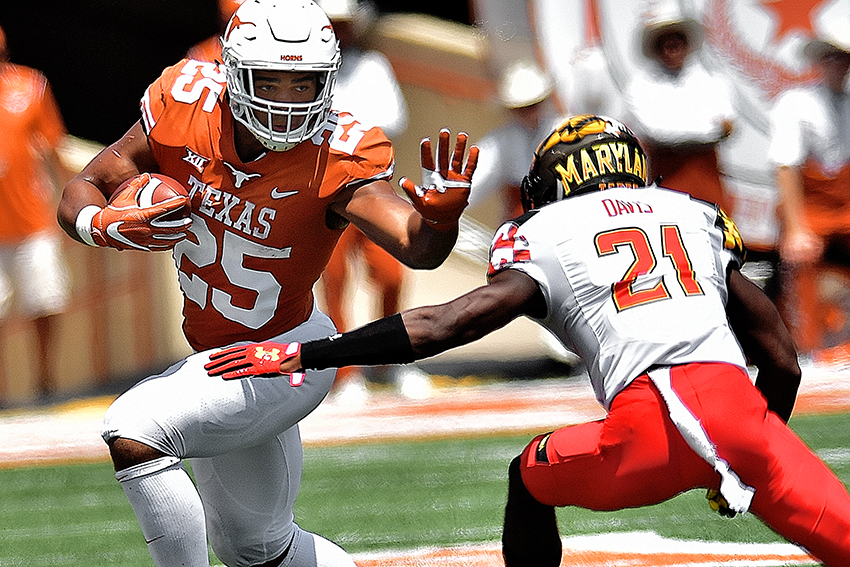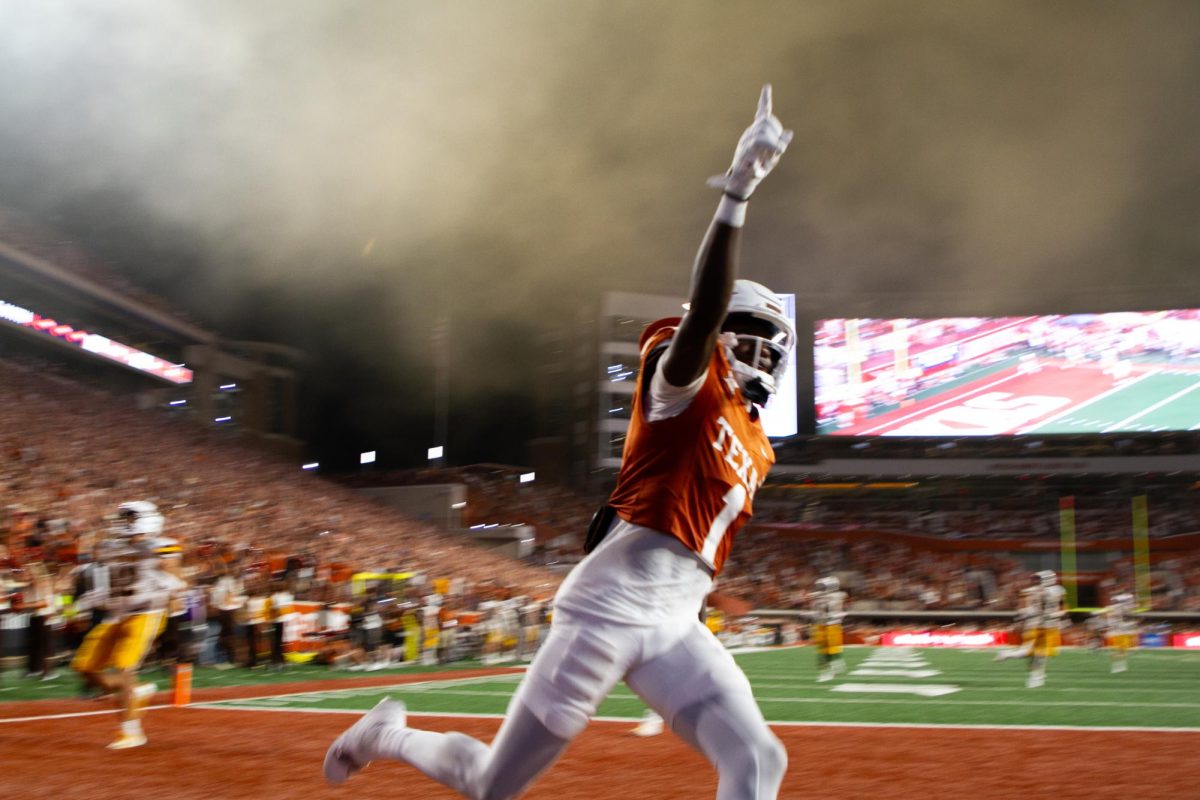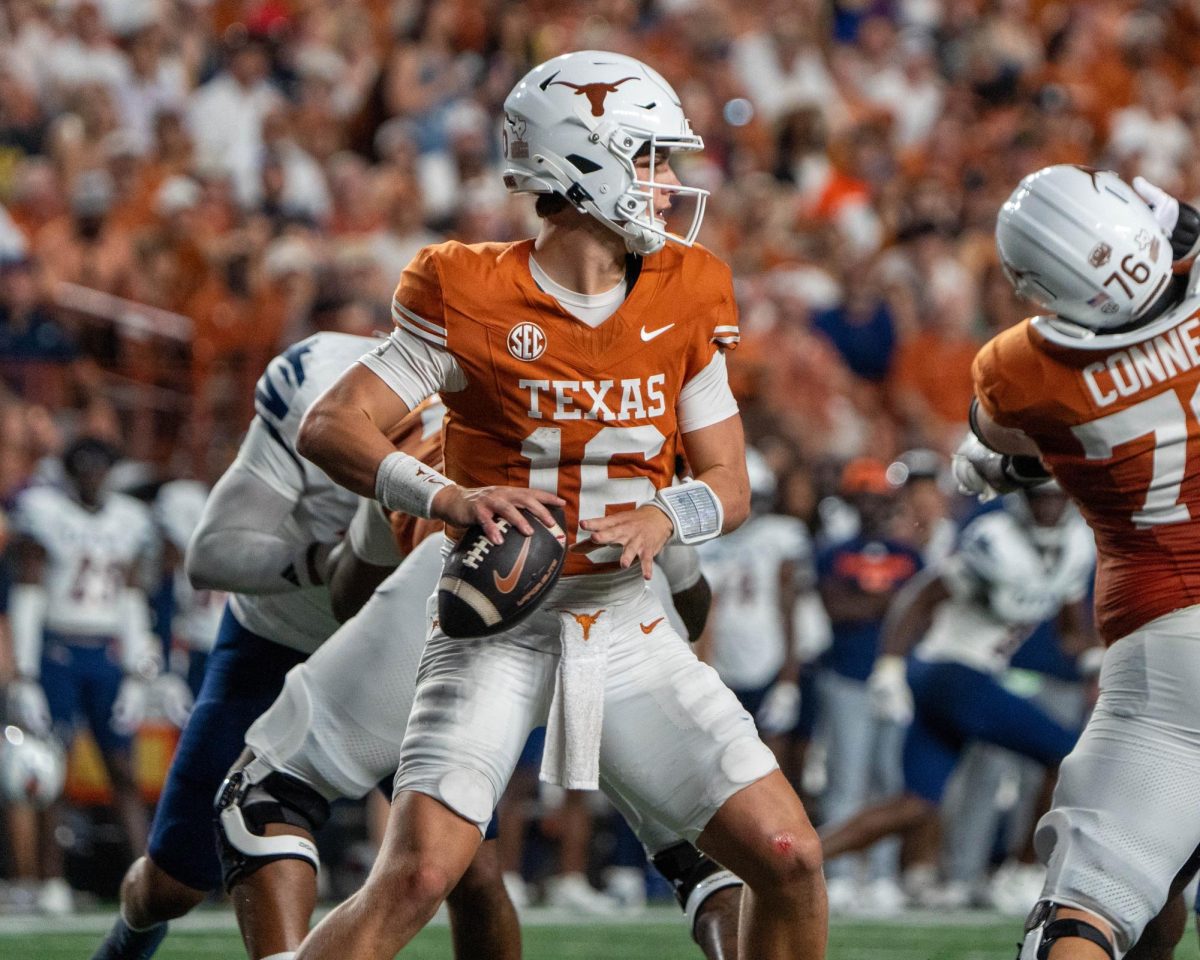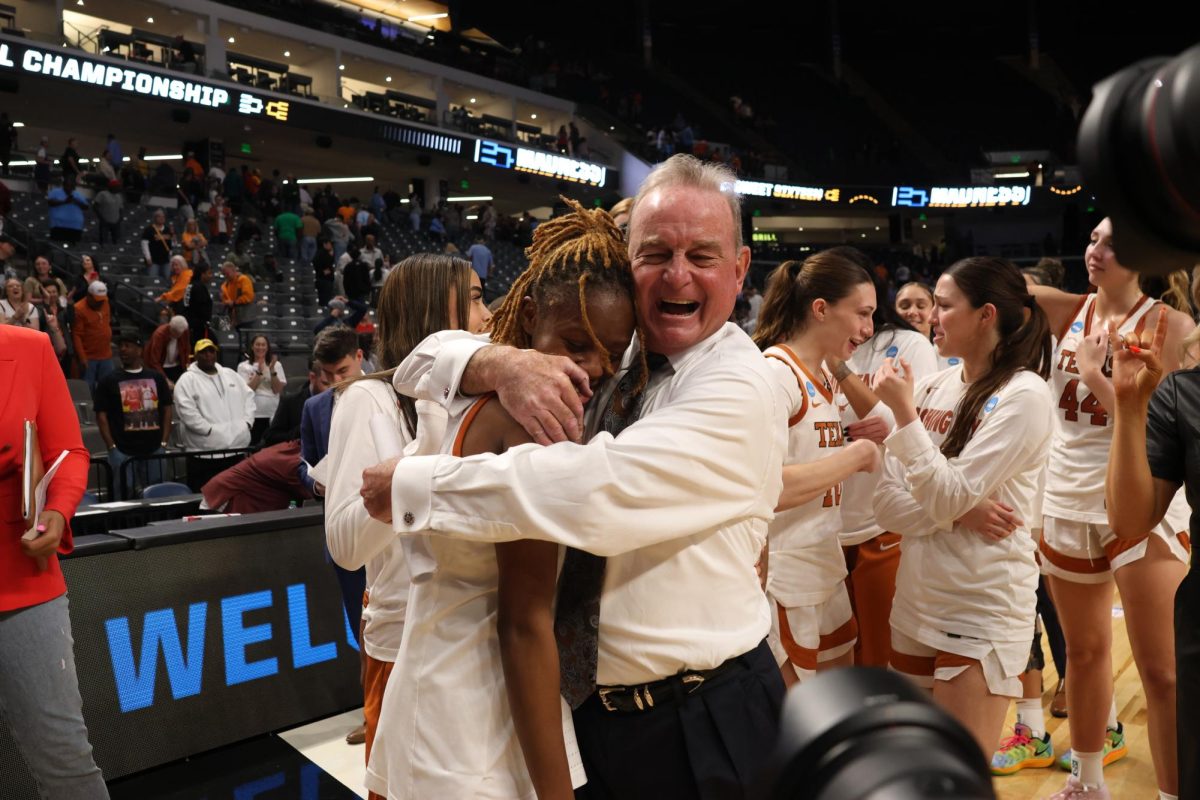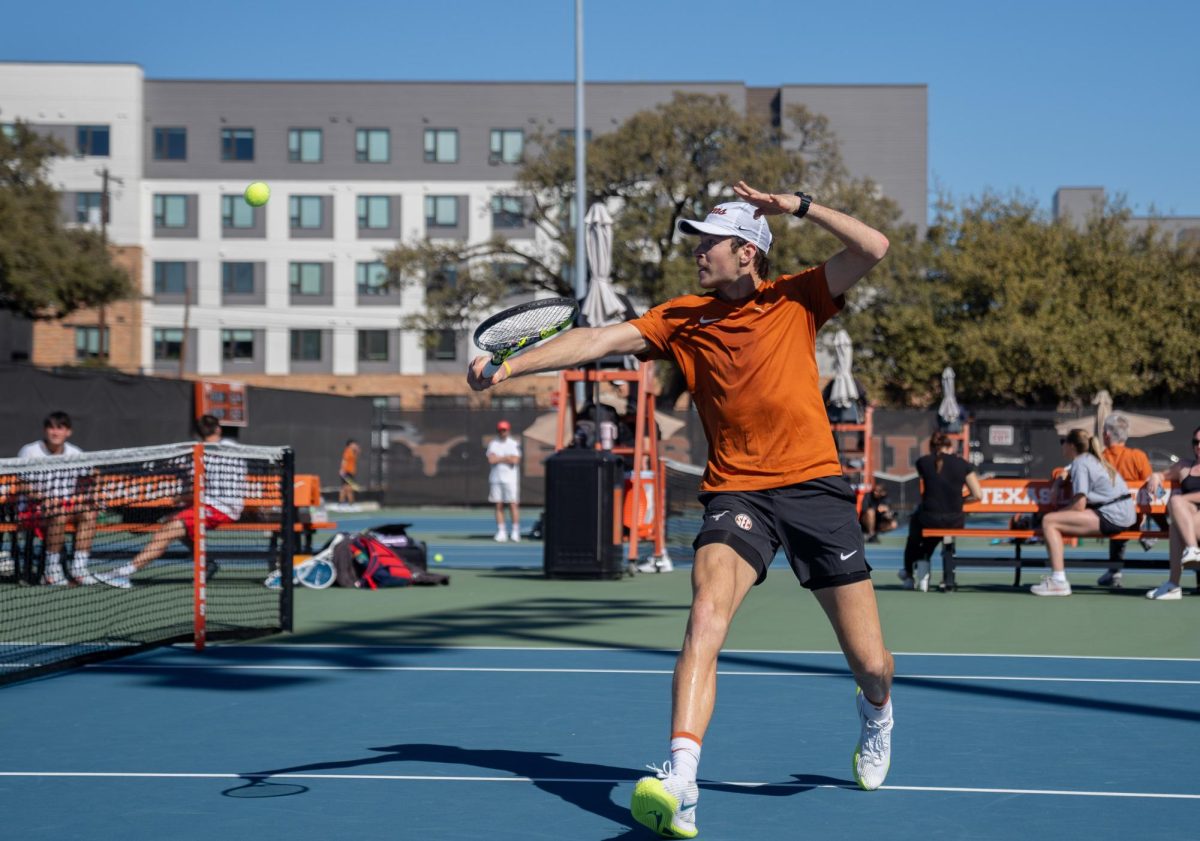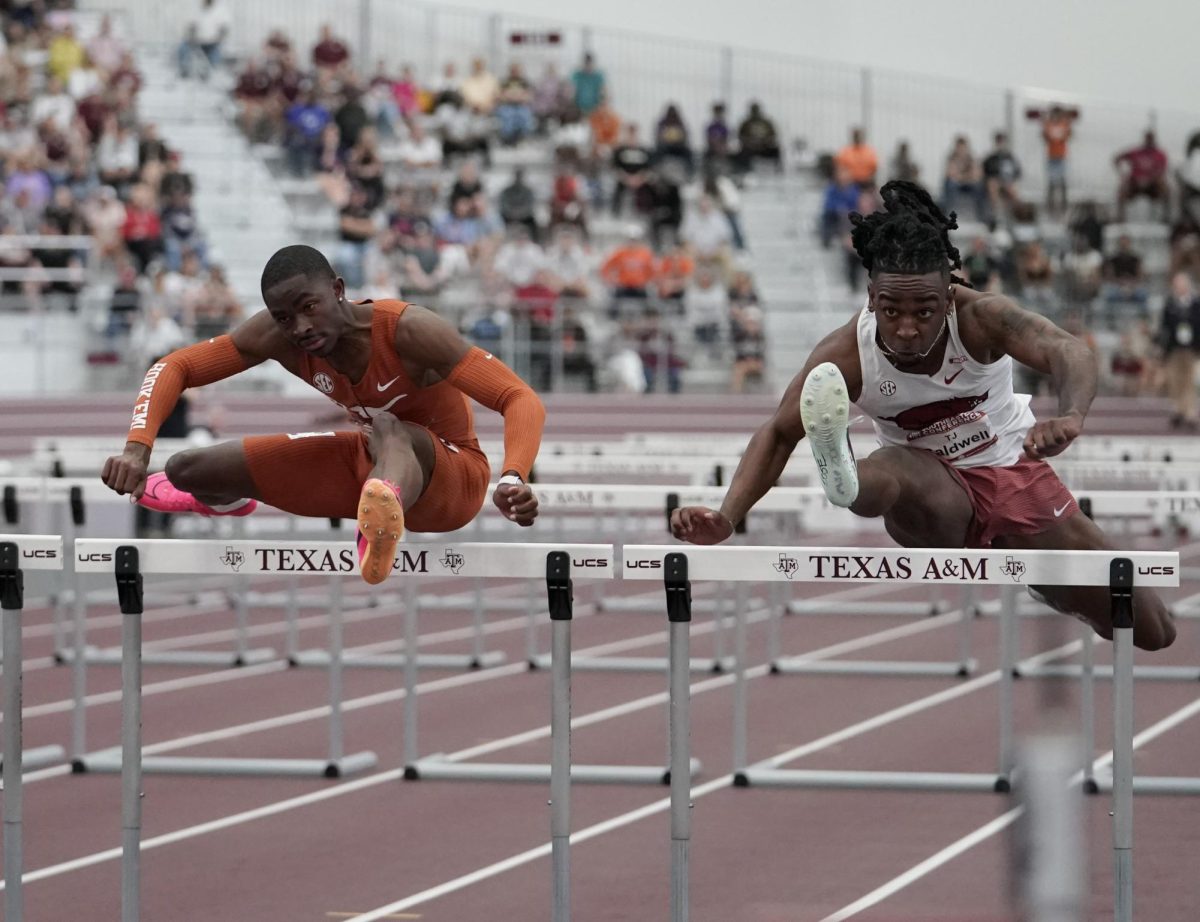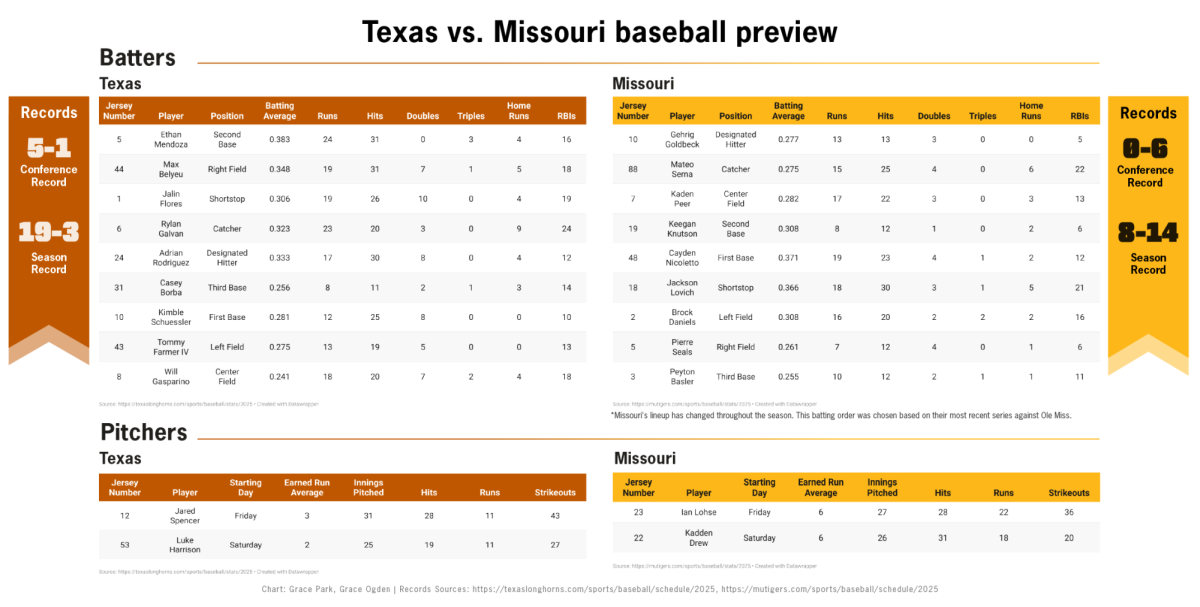There was a time when the Texas backfield flourished with production and possessed no depth chart uncertainty.
That time was as early as last season, when the Longhorns had future third-round draft pick D’Onta Foreman carrying the entire load. There was zero question as to who the Longhorns should give the ball. No. 33 was their guy, and he brought with him plenty of production.
Foreman rushed for 2,028 yards last season — the second-most in school history in a single season — and 15 touchdowns. It all culminated in Foreman winning the Doak Walker Award which recognizes the nation’s best running back.
“D’Onta’s a great back. Obviously, as you can see, he’s doing his thing in the NFL,” junior running back Chris Warren III said a week before the USC game. Warren suffered a season-ending knee injury against Oklahoma State last season and missed the final eight games, forcing Texas to utilize Foreman even more than it had previously planned.
“I can’t take anything away from him,” Warren said. “He’s my brother, and I still talk to him to this day.”
Fast forward to the post-Foreman era, and the Longhorns’ backfield is at a crossroads.
How much should Texas run the ball? Who should the Longhorns give the ball to?
These are some of the issues the Longhorns still have to figure out. But last Saturday against then-No. 4 USC, no answers were provided.
Warren carried the ball a grand total of four times for 15 yards. His colleague, sophomore Kyle Porter, rushed just five times for nine yards. It was an outing that left many Texas fans scratching their heads and questioning the play-calling.
At his Monday press conference, head coach Tom Herman was repeatedly asked about the running back situation and why in particular Warren, who has had his fair share of shining performances at Texas so far, received such little usage in a tight game against USC.
Herman cited the stat sheet, stating Warren averaged only 3.8 yards per carry in the game. He added that the Longhorns still need to “find a way to get him
more yards.”
“In the middle of a game, when you see how that is shaking out, the definition of insanity is repeatedly performing the same act, expecting different results,” Herman said. “And so to keep going back to 3.8 yards per carry, I think there would be some criticism there too … we’ve got to do a better job as coaches of finding ways to get him those yards, but when he’s not getting those yards, it doesn’t make much sense to keep going back to the well.”
But the glaring stat in all of this is that Warren only touched the ball four times, and his counterpart, Porter, touched it five. The production from both Warren and Porter this season has been mostly underwhelming.
Porter has just 102 yards on 3.5 yards per carry through three games. In Texas’ second game against an inferior San Jose State team, Warren carried the ball 16 times for 166 yards and two touchdowns. But in Texas’ other two games against Maryland and USC, Warren combined for just 10 rushes for 46 yards and no touchdowns.
On Wednesday, offensive coordinator Tim Beck was specifically asked if he feels that Warren is frustrated with the running game.
“I think all players want the ball,” Beck said. “They want to help the team. They want to help win. After the big game he had against San Jose (State), I assume he thinks every game will be that way. Unfortunately, he becomes a marked man — that’s all everybody talked about, was stopping our run game. I know he is (frustrated)."

